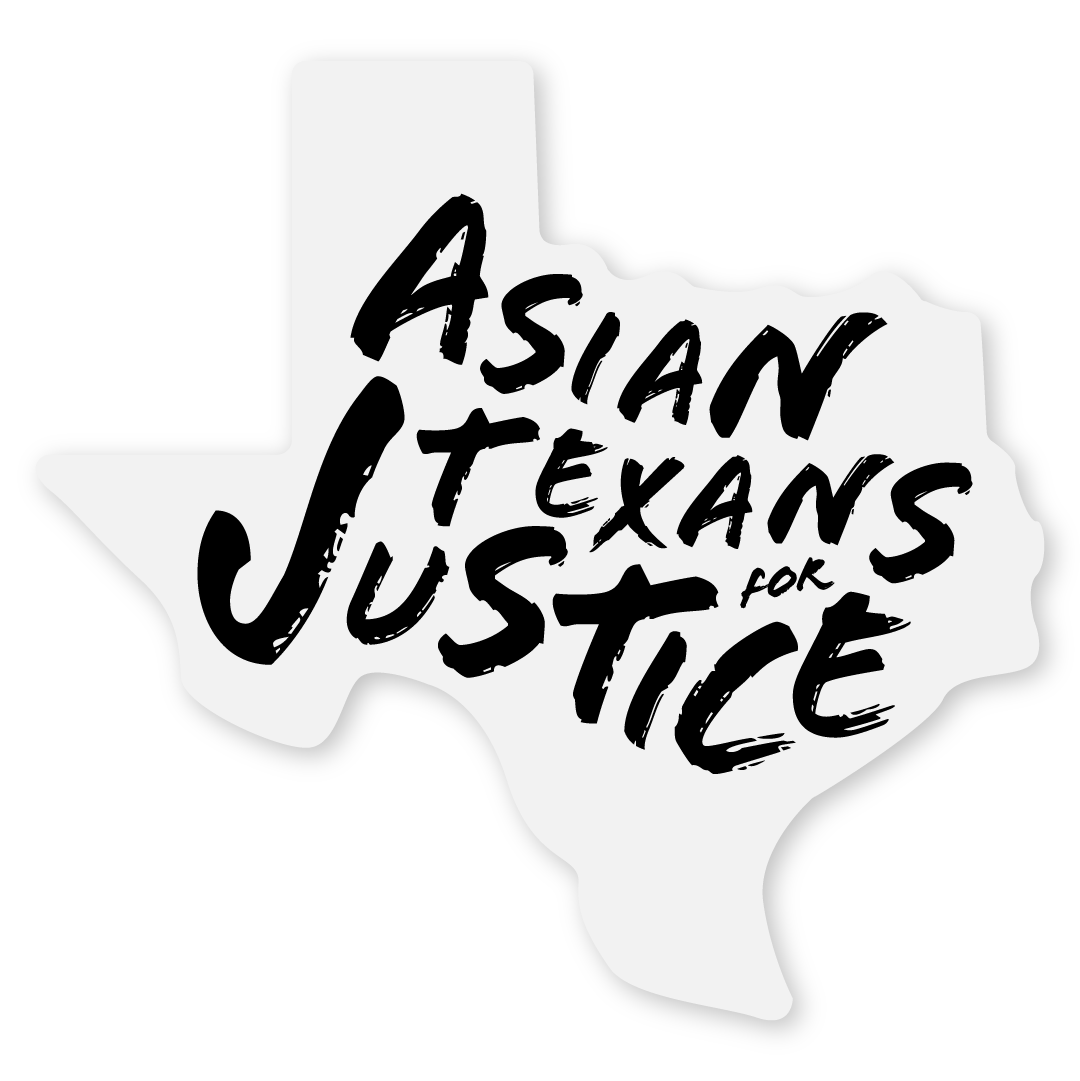STATEMENT: New Research Identifies 5 AAPI Voter Profiles in Texas
FOR IMMEDIATE RELEASE:
September 12, 2024
Contact: Christina Hahn
christina@asiantexansforjustice.org
Asian Texans for Justice releases part two of “Deep in the Heart of Asian Texas: Insights on AAPI Voters,” a 3-part report analyzing the profiles, voices, and policy opinions of Asian American and Pacific Islander voters in Texas.
AUSTIN, TEXAS — Asian Texans for Justice (ATJ), a statewide 501(c)3 organization connecting Asian and Pacific Islander Texans to civic action, published an analysis of a series of interviews with Asian Americans and Pacific Islanders (AAPIs) in Texas, finding that AAPI voters have diverse experiences, motivations, and attitudes toward civic engagement.
Part two of the report, “Voices of AAPI Communities” is the second installment of its three-part statewide research project, conducting 50 interviews of AAPI voters to reveal Texan AAPI perspectives on engagement in civic and community causes, voting for political action and change, and opinions on policy issues. AAPI individuals across generations, genders, political parties, and geographic locations of Texas were interviewed, revealing five different AAPI voter archetypes in Texas. .
Each of these archetypes examines their motivations for civic engagement, attitudes towards voting, frustrations that deter action, and preferred sources of information.
Texan AAPI Voter Archetypes:
The Community Influencer acts as a community leader and source of inspiration for their peers and network. They actively engage in civic activities and volunteer to galvanize their communities. Their strong participation in voting also makes them more likely to hold stronger partisan beliefs.
The Information Seeker is a well-informed individual who prefers to conduct their own research on political or civic issues and is not easily swayed by their peers. They are motivated by wanting to have an informed say in who represents them, but often struggle with converting their information into civic action.
The Persuadable Follower is a civic chameleon whose civic participation mirrors the network of peers around them. Relying on the information and engagement of their friends, family, and other social networks, this archetype can be easily influenced to engage or disengage from civic participation.
The Issue Voter is deeply passionate about a specific set of issues and will use that as a lens for how they will vote or participate in civic engagement. AAPI Issue Voters are most likely motivated by policy interests regarding the economy, healthcare, and immigration.
The Candidate Supporter is motivated by action towards or against a specific candidate. This archetype is likely to participate in the civic process if they resonate with a specific candidate or do not want a specific candidate to be elected. Despite being candidate-motivated, they are also unlikely to have a specific or permanent party affiliation or consistent voting record.
Other Key Findings:
AAPI Texans see voting as a fundamental right and essential civic duty. They value the opportunities to express their views and have a say in the future of their communities and the state. Most interview respondents report voting consistently in major elections, and some report voting in every election cycle at every level.
Lack of information prevents AAPI Texans from increasing their civic engagement. Most AAPI Texans believe in the importance of volunteering, voting, and other civic participation but need help finding opportunities or information to become more involved. Stronger calls to action and more defined roles are critical to engaging AAPI voters.
AAPI voters have mixed views about the performance of Texas’ state government. While many AAPI Texans believe the state is doing well economically, they are concerned about the state's social policies and stances. Many AAPI voters want increased protection of civil liberties and economic relief from rising costs and lack of affordability.
Inflation, healthcare access, and safety protections are the most pressing issues for AAPI communities. Like many Texans, AAPI voters are experiencing economic struggles with rising costs of living, especially when it comes to healthcare. In response to an uptick in hate crimes and racial discrimination, AAPI voters want more robust gun safety measures and protections.
AAPI voters have diverse experiences, motivations, and attitudes toward civic engagement. This report offers five AAPI voter personas to raise awareness and improve engagement strategies used by policymakers, organizers, funders, and other allies to increase civic action among AAPI Texans.
"AAPI Texans are the most racially diverse group: we represent over fifty ethnicities and a hundred different languages. Through ATJ’s report, we hope that candidates, political parties, and advocacy groups can conduct more meaningful AAPI voter outreach as we near this critical November election." said Lily Trieu, Executive Director of Asian Texans for Justice. “Policymakers and community leaders across the state can also use these insights to make decisions that better the lives of the 2 million AAPIs who call Texas home.”
For more information and to access the full report, click here. The final installment of the “Deep in the Heart of Asian Texans” series, Part 3: “Policy Opinions of AAPI Voters” analyzes polling data of AAPI voters will be released in early October 2024.
Deep in the Heart of Asian Texas: Insights on AAPI Voters
Part 2 - Deep in the Heart of Asian Texas: Voices of AAPI Voters
Part 3 - Deep in the Heart of Asian Texas: Policy Opinions of AAPI Voters - Oct 2024
###
Asian Texans For Justice (ATJ) envisions a future where all people feel bold in their belonging. We connect Asian and Pacific Islander Texans to civic action to build personal and political power. For updates follow us on Facebook, Instagram, and Twitter.

